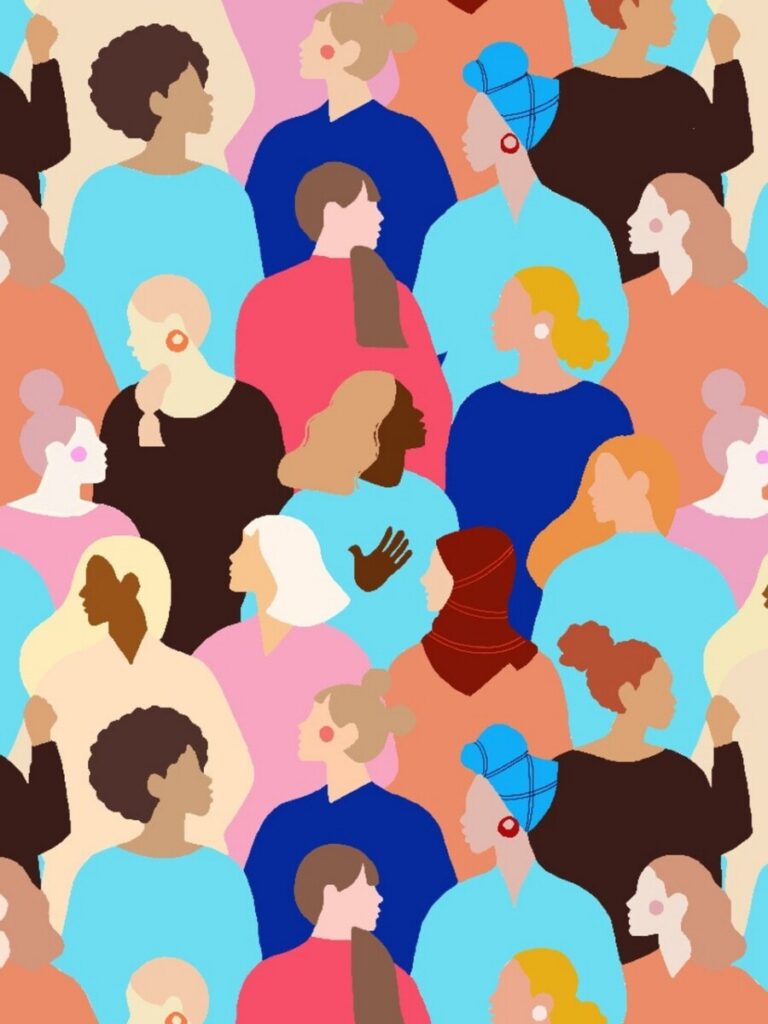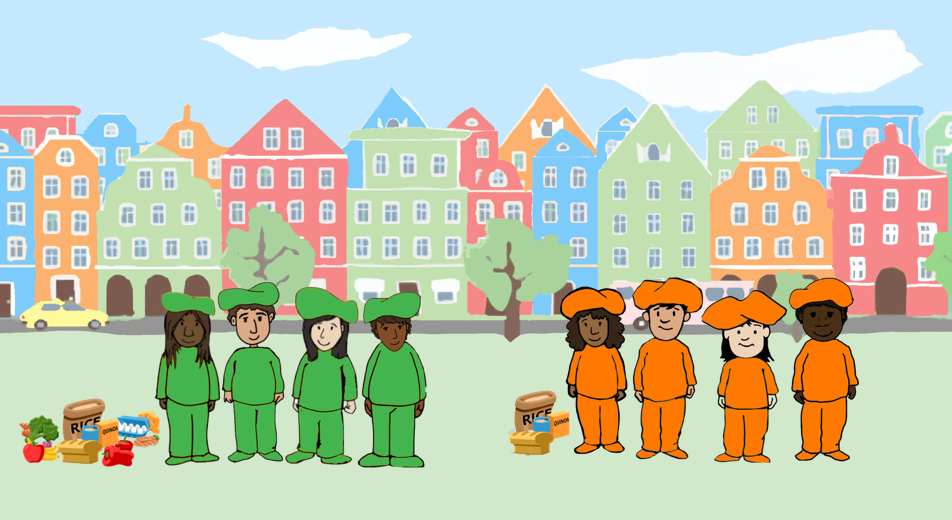Our Current Research

By: Liz Kim, Phillipe Rochat
Time Duration: Infants’ Temporal Cues and Quantity Inference
We aim to understand how infants use temporal information to interpret the physical world. While prior research has demonstrated that infants are capable of space–time mapping, little is known about whether they can use temporal cues to infer hidden quantities with accuracy. Our study examines whether infants rely on the duration of an event—such as the time spent pouring liquid—to judge the amount of a concealed substance, even when both the quantities and durations presented in test trials are novel compared to familiarization. This work highlights the role of spatiotemporal connections in early reasoning and contributes to our understanding of how infants integrate multiple cues when forming expectations about the physical world.

By: Nikita Agarwal, Phillipe Rochat
Social Categories: Children’s Implicit Cues and Decision Making
Social categories are groups formed based on shared qualities and properties among certain entities. Our research delves into understanding how these social categories are shaped, particularly focusing on the cues children rely on to form these categories. We investigate whether exposure to diverse members within a category can update and expand children’s category boundaries, allowing them to attribute properties from different members to the category as a whole. This work sheds light on the dynamic nature of social categorization and the developmental processes involved.

By: Nikita Agarwal, Phillipe Rochat
Good Trouble in Development: Children’s Judgment of Rules and Normativity
Developmental studies have shown that children are highly sensitive to the rules and norms in their immediate environments, quickly learning and endorsing them. They are also inclined to challenge others who do not adhere to these rules. However, it is crucial to recognize that not all rules are created equal; some may disadvantage certain groups. Our research investigates whether children can understand and appreciate the concept of “Good Trouble” as they develop—the idea of challenging rules that are inherently unfair or unjust. We explore how children perceive and respond to the notion of standing up against unfair rules, providing insights into their developing sense of justice and morality.

By: Hannah Kreuziger, Philippe Rochat
Gift Malaise: The Development of Gifting Norms in Children
Have you ever felt undeserving, pressured, frustrated, or inadequate when receiving a gift? These feelings can all be understood as Gift Malaise – the discomfort in receiving an unexpected gift – and we want to understand how and when this complicated social emotion emerges in development. Moreover, we want to learn how and when children begin to ascribe moral character to others based on how they respond to receiving unexpected gifts in four social contexts. The four social contexts stem from our former Honors Thesis student, Hallie Toren’s, Gift Malaise scenarios previously tested with adults: 1) Merit 2) Inequity Aversion 3) Social Obligation, and 4) Shortcut of Reciprocity.

By: Hannah Kreuziger, Philippe Rochat
Schadenfreude’s Developmental Trajectory: A Tripartite Exploration
Schadenfreude – the joy in another’s misfortune – is a highly contentious emotion that evokes social condemnation. However, no one is immune to experiencing it, and it is much more nuanced than debated in current scholarship. Inspired by one of our lab’s theoretical articles produced by former Ph.D. student, Shenshang Wang, and Principal Investigator, Dr. Philippe Rochat, we seek to unravel this moral gray area of emotional development by studying how and when this emotion emerges in three various contexts: competition, envy, and justice. We evaluate it in three contexts, because they explore both the prosocial and antisocial expressions of Schadenfreude – a breadth that has not been exhausted in contemporary developmental science.

By: Nikita Agarwal, Stella Lourenco
Intersectionality: Social Identities and Interconnected Systems
Intersectionality examines how overlapping social identities (such as race, gender, and class) create interconnected systems of oppression and privilege. Our research explores how membership in multiple social groups can lead to compounded disadvantages for individuals with multiple subordinate-group identities. We integrate this with cognitive frameworks of categorization, where certain members serve as prototypes, often rendering others invisible. By studying children’s early development, we aim to understand if and when they begin to exhibit prototype bias, leading to the invisibility and misjudgment of certain group members. This research highlights the importance of recognizing and addressing intersectional biases from a young age.
This research is in collaboration with the Lourenco Lab.
